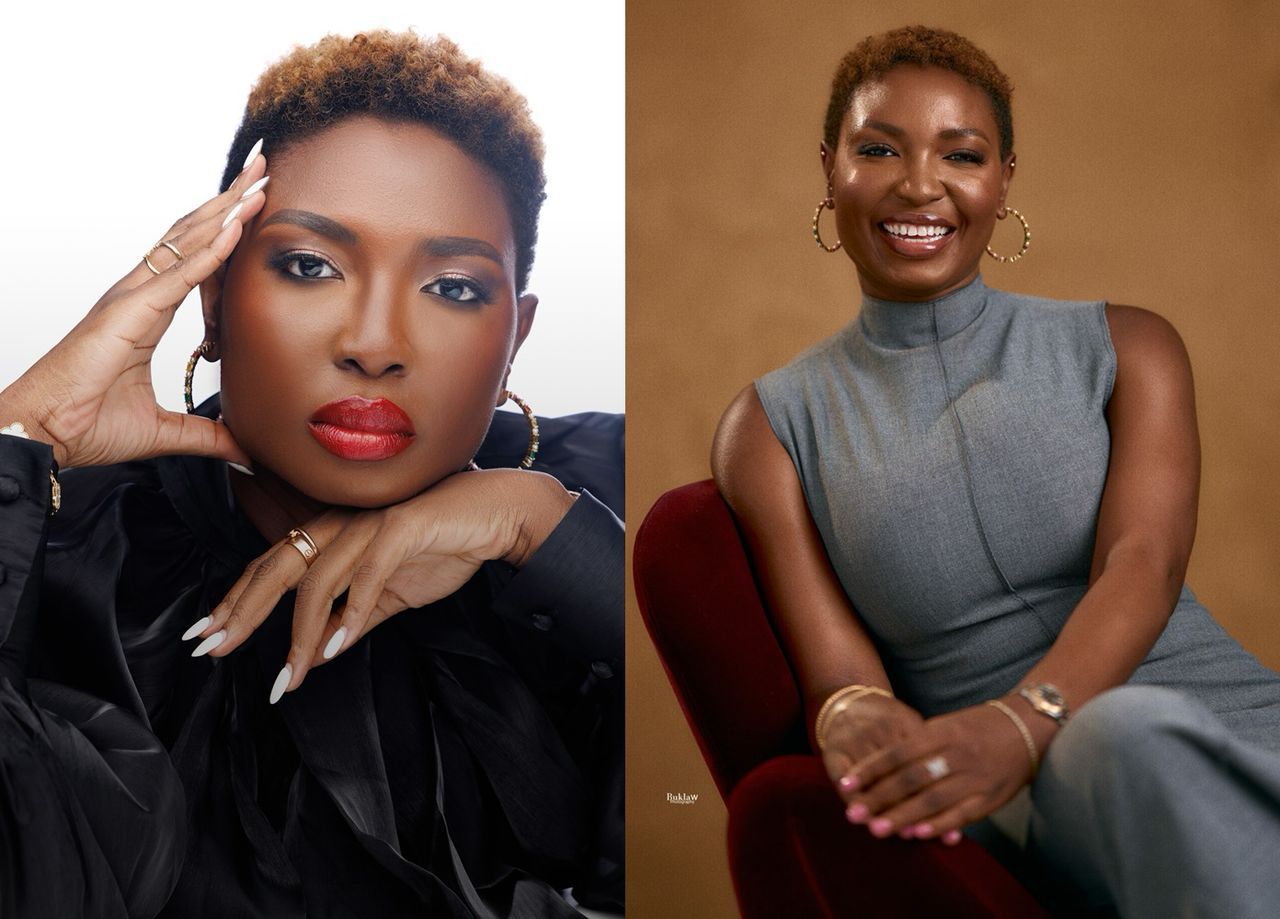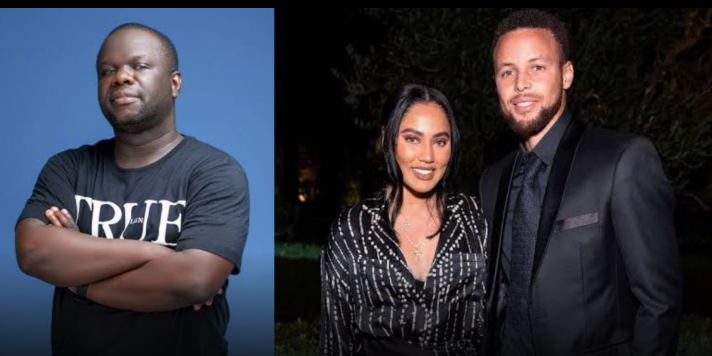
“I Have a Womb and No Fertility Issues, But I’m Using a Surrogate” – Businesswoman Ife DANG Sparks Nationwide Debate

Nigerian businesswoman and lifestyle entrepreneur, Ife DANG, has sent social media into a frenzy after boldly revealing her decision to have children through surrogacy despite having no fertility issues. In an unexpected turn during a candid Instagram live session, Ife, known for her thriving beauty brand and outspoken persona, stunned fans by declaring, “Yes, I have a womb. No, I don’t have fertility issues. But I’m not carrying my own baby. I’m going the surrogacy route, and I owe no one an explanation.”
This revelation has not only challenged societal norms but has reignited long-standing debates around motherhood, modern womanhood, bodily autonomy, and the evolving definitions of family in African society. Within hours of her statement, “Ife DANG” became a top trending topic across multiple platforms, with thousands weighing in with mixed reactions. Some hailed her as a trailblazer redefining womanhood in her own terms, while others accused her of being out of touch with cultural values that associate motherhood with the physical experience of childbirth.
According to Ife, her decision stems not from any medical complications but from a deeply personal place of choice and self-prioritization. “I want to be a mother. I want to have children. But I also want to protect my body, my time, and my mental peace. I run multiple businesses, I travel, I work hard. Pregnancy is not a journey I want to go through physically—and that should be okay,” she said with calm conviction, sipping a glass of water as comments poured in during her livestream.
Her stance disrupts a prevailing narrative in Nigeria and much of Africa, where surrogacy is typically perceived as a last resort for women battling infertility or health complications. Ife’s declaration that she is actively choosing surrogacy as a lifestyle preference has drawn both admiration and condemnation. The online reactions have ranged from heartfelt support from women applauding her agency, to conservative voices accusing her of disrespecting womanhood and turning motherhood into a transactional process.
“It’s not about being lazy or modern or whatever else people are saying,” she emphasized in a follow-up post on her Instagram stories. “It’s about autonomy. The same way a woman should be respected if she chooses to carry her baby naturally, the same respect should be extended to a woman who chooses a surrogate. Both are valid.”
Despite the firestorm, Ife DANG remains unshaken. She’s never been one to shy away from controversy. A fierce advocate for women’s rights and personal freedom, she has built her brand on the mantra of living unapologetically. Her entrepreneurial empire spans skincare, fashion, and digital media, with a growing online following that turns to her not just for products, but for bold, often unfiltered opinions.
Some health experts and women’s rights activists have come to her defense, arguing that Ife’s transparency may actually help normalize conversations around reproductive choices in Africa. Dr. Chinonye Agwu, a Lagos-based gynecologist, praised her courage. “Ife is starting an important conversation. Many people wrongly assume surrogacy is only for those who are barren or ill. But this is 2025. Parenthood can take many forms. Women now have more control over how and when they bring life into the world,” she said.
Still, others see the move as elitist and detached from the realities of the average African woman. A viral tweet that gathered over 10,000 likes read: “Only rich women can say they want surrogacy out of convenience. The rest of us still have to deal with swollen ankles, morning sickness, and labor pains. This is not empowerment. This is privilege talking.”
Cultural critics have also waded into the fray, questioning what this shift in reproductive choices means for African family structures and expectations. In a guest appearance on a morning show, sociologist Bode Aina expressed concern that “Western ideals are rapidly eroding our core values,” adding that “childbirth has spiritual and cultural significance in many communities, and removing that process could disconnect future generations from their heritage.”
But Ife has made it clear she’s not trying to play by anyone’s rules. “I’m not Western. I’m African. Nigerian, to be exact. And I’m doing this here, not in London or LA,” she said pointedly. “Why should African women always have to suffer to prove we’re worthy? Why do we tie our value to how much pain we can endure? I refuse that narrative.”
Her statement echoes a broader shift happening globally, as more women are asserting the right to choose their reproductive paths on their own terms. In the United States and parts of Europe, surrogacy has become an increasingly common option for women who, like Ife, simply prefer not to go through pregnancy. But in more conservative societies, the concept remains taboo, often linked with secrecy, shame, or extreme necessity.
Ife’s decision to speak publicly—and proudly—about her choice is what makes this moment particularly powerful. For every critic, there’s someone thanking her for giving voice to a silent longing. A woman in her early 30s posted anonymously on Reddit Nigeria, writing, “I’ve always wanted to be a mom, but I’ve dreaded pregnancy. Ife DANG just made me feel seen.”
Others are urging caution, warning that the glamorization of surrogacy without considering the ethical, emotional, and financial implications could be dangerous. Questions have been raised about the rights and welfare of surrogates themselves, who in many parts of the world often come from economically disadvantaged backgrounds. Ife insists that her approach will be both legal and ethical. “My surrogate is a willing participant, well compensated, and under full medical care. Everything is above board. I’m not exploiting anyone.”
As of now, Ife has not revealed when the surrogacy journey will begin or who the surrogate is. But she did hint at plans to document the process. “Maybe I’ll do a documentary or vlog the journey. Not just for me, but to educate. There’s too much ignorance around this topic,” she teased.
Whether seen as a revolution or a rebellion, Ife DANG’s decision is a pivotal moment in the ongoing conversation about motherhood, autonomy, and identity. In choosing surrogacy not because she has to, but because she wants to, she is forcing society to confront its deeply ingrained beliefs about what it means to be a mother—and more broadly, a woman—in today’s world. And whether you agree with her or not, one thing is certain: Ife DANG is not here to ask for permission. She’s here to rewrite the rules.


